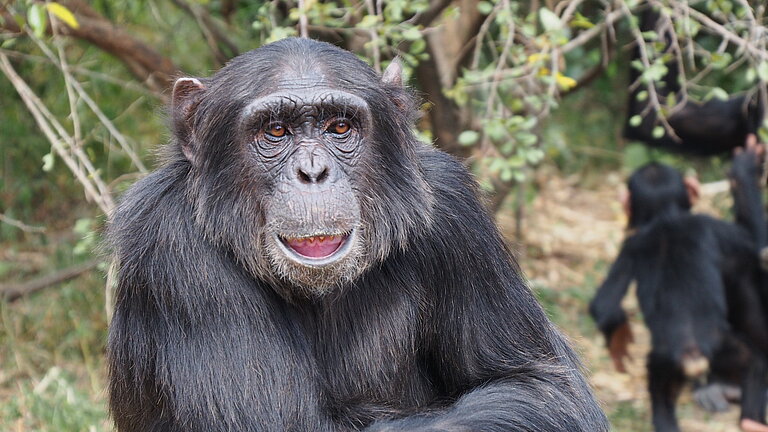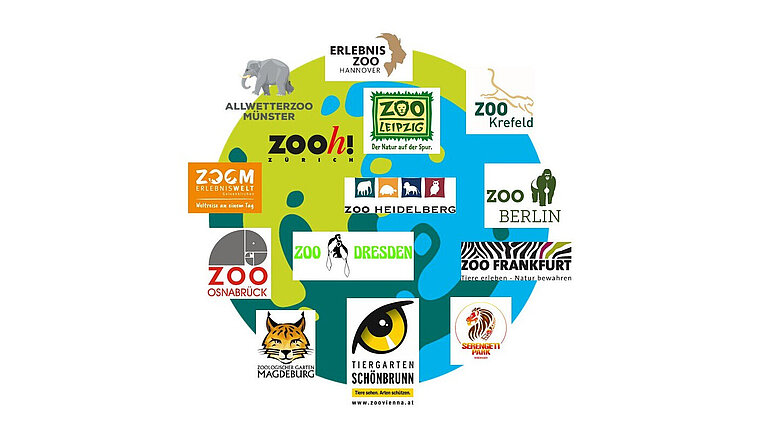Studying Non-Human Primates
As compared with other species, humans show extraordinary variability across populations. We propose that the unique nature of human cognitive development lies at the heart of uniquely human cultural diversity. Hence, our central question is: How is human cognitive ontogeny uniquely adapted to cultural diversity, and how does it contribute to it?
To understand which aspects of human cognition are shared with other primates and which are uniquely human, we must understand cognition and its ontogeny in non-human primates. An encompassing theory of great ape psychology must consider how it adapts to and shapes social and ecological contexts and take into account the universal cognitive foundations that enable this reciprocal interaction. The Department of Comparative Cultural Psychology investigates cognitive similarities and differences across ontogeny and their interindividual and intercultural drivers in human and non-human great apes.
Most psychological research on uniquely human cognitive development studies the phenomenon off scale. Cognitive diversity across individuals and communities is underestimated, resulting in limited samples. For example, a vast majority of studies on great ape cognition were conducted on a small number of chimpanzee groups in Leipzig, Kyoto, and Atlanta. Aiming to understand cognitive differences across species without accounting for cognitive diversity within species is incomplete at best but more likely inaccurate. The comprehensive study of great ape psychology requires a programmatic reorientation, emphasizing the epistemic relevance of cognitive diversity and the methodological demands of studying cognition at scale. The Department of Comparative Cultural Psychology aims to help guide and expedite this programmatic reorientation.
Research Ethics
See here our guiding principles for ethical research.



